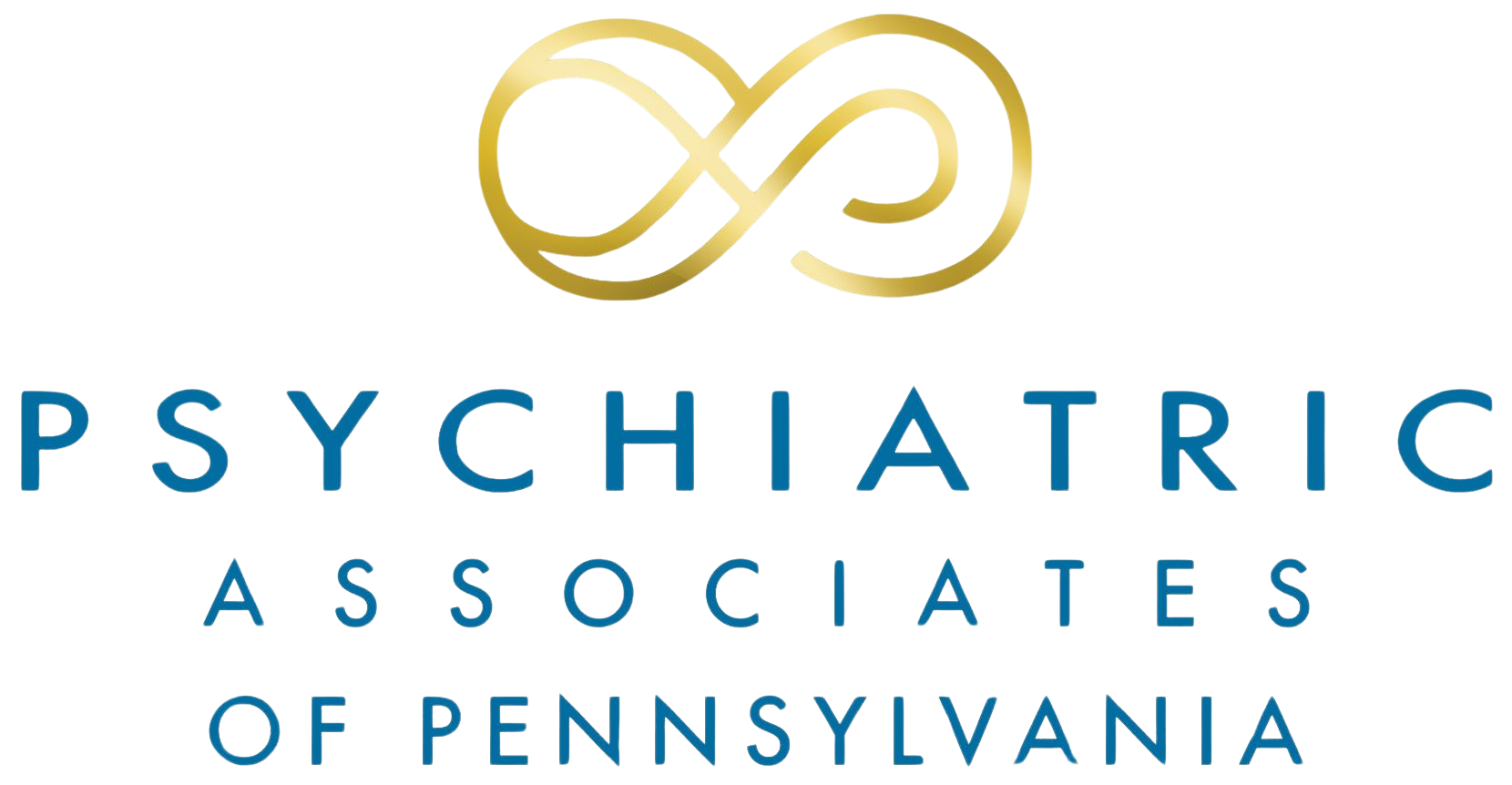Psychotherapy is a powerful tool for addressing emotional and psychological challenges. At Psychiatric Associates of Pennsylvania, experienced clinicians provide diverse therapeutic approaches to help individuals navigate mental health concerns. This blog explores the different types of psychotherapy available, their unique methods, and how they cater to varied mental health needs.
Understanding the Basics of Psychotherapy
Psychotherapy, also known as talk therapy, is a collaborative process between a therapist and a client aimed at understanding, addressing, and resolving psychological issues. Various forms of psychotherapy have evolved to meet different needs, making it important to choose the right one for individual circumstances.
Common Types of Psychotherapy
1. Cognitive Behavioral Therapy (CBT)
CBT is one of the most widely used and researched types of psychotherapy. It focuses on identifying and changing negative thought patterns that influence behavior and emotions. This approach is particularly effective for:
- Anxiety disorders
- Depression
- Phobias
- Post-traumatic stress disorder (PTSD)
CBT sessions often include exercises to challenge distorted thoughts and develop healthier coping mechanisms, helping individuals take a proactive approach to mental health.
2. Dialectical Behavior Therapy (DBT)
Originally developed for borderline personality disorder, DBT has expanded to treat various conditions, including mood disorders and substance abuse. This therapy emphasizes four main areas:
- Mindfulness: Staying present in the moment.
- Distress Tolerance: Managing crises without harmful behaviors.
- Emotion Regulation: Understanding and controlling emotional responses.
- Interpersonal Effectiveness: Building and maintaining healthy relationships.
3. Psychodynamic Therapy
Psychodynamic therapy delves into the unconscious mind, exploring how past experiences shape current behavior. It aims to uncover unresolved conflicts and bring them to the surface for resolution. This long-term therapy is often chosen for individuals seeking deep self-awareness and lasting change.
4. Humanistic Therapy
This therapy emphasizes personal growth and self-actualization, focusing on the individual’s potential rather than their problems. Techniques like client-centered therapy, developed by Carl Rogers, promote a nonjudgmental and empathetic environment where clients feel heard and supported.
5. Group Therapy
Group therapy involves a small group of individuals working together under the guidance of a therapist. This format allows participants to:
- Share experiences
- Gain different perspectives
- Develop social skills
- Build a support network
Group therapy is effective for conditions such as addiction, eating disorders, and social anxiety.
Specialized Approaches for Unique Needs
1. Eye Movement Desensitization and Reprocessing (EMDR)
EMDR is designed to treat trauma and PTSD. This innovative therapy uses guided eye movements to help clients reprocess traumatic memories, reducing their emotional impact. EMDR can bring relief within fewer sessions compared to traditional therapies.
2. Acceptance and Commitment Therapy (ACT)
ACT combines mindfulness with behavioral strategies to help clients accept their thoughts and feelings rather than fighting them. This therapy is effective for managing chronic pain, anxiety, and depression.
3. Interpersonal Therapy (IPT)
IPT focuses on improving interpersonal relationships and communication skills. It is particularly beneficial for individuals facing:
- Relationship conflicts
- Grief
- Major life transitions
Factors to Consider When Choosing a Therapy Type
Selecting the right therapy depends on various factors, including:
- Personal Goals: Are you seeking immediate symptom relief or long-term personal growth?
- Therapist-Client Fit: Building a strong therapeutic relationship is crucial for success.
- Specific Needs: Certain therapies are more effective for specific disorders or issues.
Many clinicians at Psychiatric Associates of Pennsylvania offer tailored recommendations based on individual assessments, ensuring that clients receive the most appropriate care for their circumstances.
How Psychotherapy Enhances Mental Health
Psychotherapy not only addresses immediate mental health concerns but also fosters long-term resilience. Its benefits include:
- Enhanced coping strategies
- Improved relationships
- Increased self-awareness
- Reduced symptoms of mental health disorders
By working collaboratively with skilled clinicians, individuals can embark on a journey toward emotional well-being and self-discovery.
The Next Step Toward Mental Wellness
At Psychiatric Associates of Pennsylvania, clients in Narberth, PA, have access to a diverse team of clinicians specializing in various psychotherapy approaches. Whether you’re dealing with anxiety, depression, trauma, or simply seeking personal growth, there’s a therapy option that can meet your unique needs. By taking the first step and exploring available options, you can unlock the path to a healthier, more fulfilling life.
Sources:
- Linehan, M. M. (1993). Cognitive-Behavioral Treatment of Borderline Personality Disorder. Guilford Press.
- Shapiro, F. (1989). Eye Movement Desensitization: A New Treatment for Post-Traumatic Stress Disorder. Journal of Behavior Therapy and Experimental Psychiatry.
- Rogers, C. R. (1951). Client-Centered Therapy: Its Current Practice, Implications, and Theory. Houghton Mifflin.



